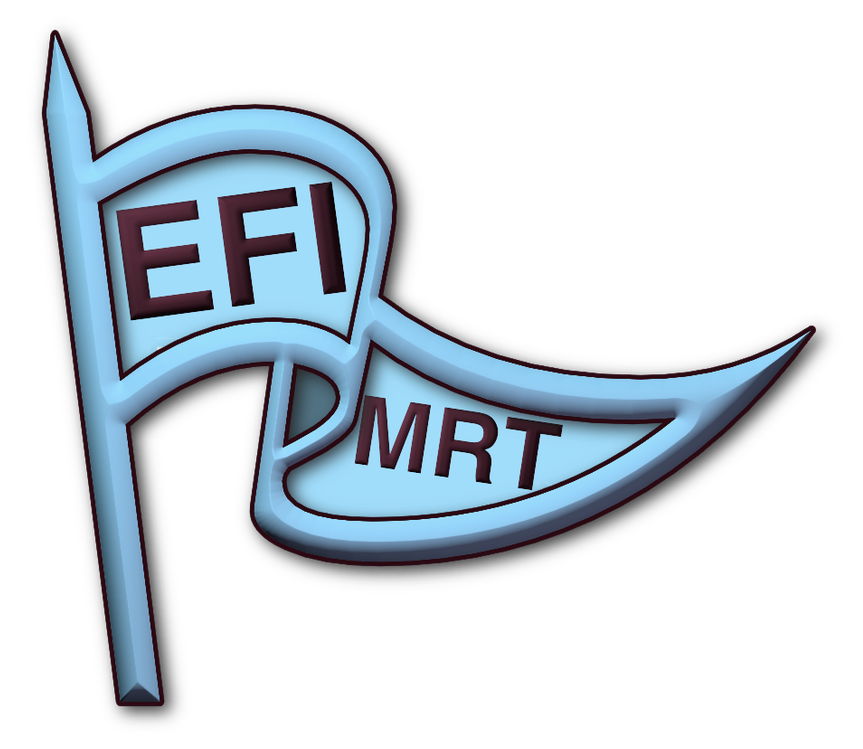The release of macOS 10.15 Catalina brought with it an update to EFI firmware for all Macs. Whereas in previous years Apple has brought Macs running other supported versions of macOS up to the same versions, this year it hasn’t. The result is that the same model running fully updated Mojave or High Sierra and another running Catalina should – in most cases – have different firmware versions. This is most confusing, particularly when some models like the iMac17,1 seem to have difficulty updating their firmware properly for Catalina.
The end result is that many Mac users now find themselves unsure whether their firmware is really up to date, and some are getting reports from macOS’s own firmware checks (eficheck) that there are problems.
Expecting that Apple would take the opportunity of the next Security Update for Mojave and High Sierra to align firmware versions in each model, I delayed making any changes to my free utilities SilentKnight and its command tool equivalent silnite to take this into account. Last week, Apple released those updates, and left firmware versions even more confused as a result.
I have therefore produced a new database of firmware versions and updates to both SilentKnight and silnite to provide more thorough checks on firmware versions according to the version of macOS that’s running. I recommend that all users update to these new versions, although they are most important for those who have upgraded to Catalina.
Previous versions of SilentKnight and silnite simply discover the model of Mac, then look up the latest firmware version in my database for that model. If the version they find in your Mac is older than that expected, they warn you of that. If the version found is newer, although they report both versions, they don’t give a warning. Because the database used versions for High Sierra and Mojave, not Catalina, as its basis, this doesn’t clearly distinguish Macs which have been upgraded to Catalina but haven’t successfully completed the required firmware update.
What these utilities do now is determine whether your Mac is running Catalina or not. If it is, they look up the latest firmware version for that model when it has been upgraded to 10.15.1; for Macs which are running Mojave or earlier, they look up the latest firmware version for that model when it has had the latest Security Update applied, instead. Older versions of SilentKnight and silnite still work fine with the new databases, though.
There are two situations which might still remain confusing.
The first is a Mac which has been upgraded to Catalina, perhaps on an external drive, but when the test is run it’s actually running Mojave or High Sierra. Its firmware will then be that for Catalina, although it’s running the older macOS. This shouldn’t give rise to any warning, but you will notice the more recent firmware version being reported, just as it is at present.
The other problems could arise with Macs still running Sierra. As that is now unsupported, the firmware updates installed by recent High Sierra and Mojave Security Updates won’t have been applied. At present, those only affect models with T2 chips, which shouldn’t be capable of running Sierra as far as I recall. However, if your Mac is still running Sierra and its firmware is now reported as being out of date, please let me know.
If you find any errors or have any questions, please comment here or send me an email. This update has required changes across my entire database, and although I have checked it very carefully, it may still have errors within it which I need to correct.
SilentKnight version 1.5 is available from here: silentknight15
from Downloads above, from its Product Page, and through its auto-update feature.
silnite version 4 is available from here: silnite4
from Downloads above, and from its Product Page.
I hope you find these helpful for navigating through this firmware muddle.

